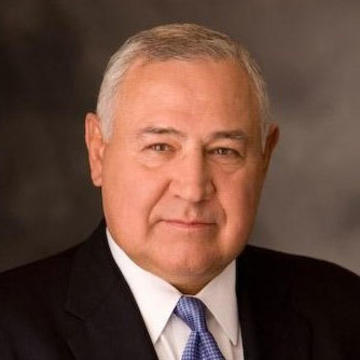America must prevent an Iranian nuclear weapon
Whichever candidate wins in November, it seems likely he will attempt renewed engagement with Tehran
Read the full article at the National Interest
Diplomacy with Iran is coming. Whichever candidate wins in November, it seems likely they will attempt renewed engagement with Tehran over its nuclear weapons program, either by reentering the Joint Comprehensive Plan of Action (JCPOA) or pursuing a new agreement.
Simply returning to the 2015 deal would be seriously mistaken. Despite its name, it is not comprehensive, since it really restricted only one of the three elements needed to deliver nuclear weapons: it actually loosened the international ban on Iran’s development of nuclear-capable ballistic missiles, and today we know much more about Tehran’s efforts to put a warhead atop these missiles thanks to Israel’s seizure of secret nuclear archives than from Iran’s “compliance” with the JCPOA.
Simply returning to the 2015 deal would be seriously mistaken. Despite its name, it is not comprehensive.
Moreover, the caps on uranium and plutonium are limited and reversible, as Tehran’s ongoing violations make plain. They also start expiring in five years, giving Iran direct paths to the bomb and an industrial-scale enrichment program over the next decade-plus.
Similar “sunset” clauses will terminate a slew of UN Security Council measures against Iran’s illegal proliferation activities. Most notably, American diplomats have been racing to prevent the conventional weapons embargo on Tehran from lapsing next month, but that “snapback” process has been much more difficult than the JCPOA’s supporters suggested when coining the term. Ultimately, the deal formally legitimizes Iran’s nuclear program, jeopardizing future sanctions and threatening the Nonproliferation Treaty regime—arguably the single greatest achievement of arms control.

